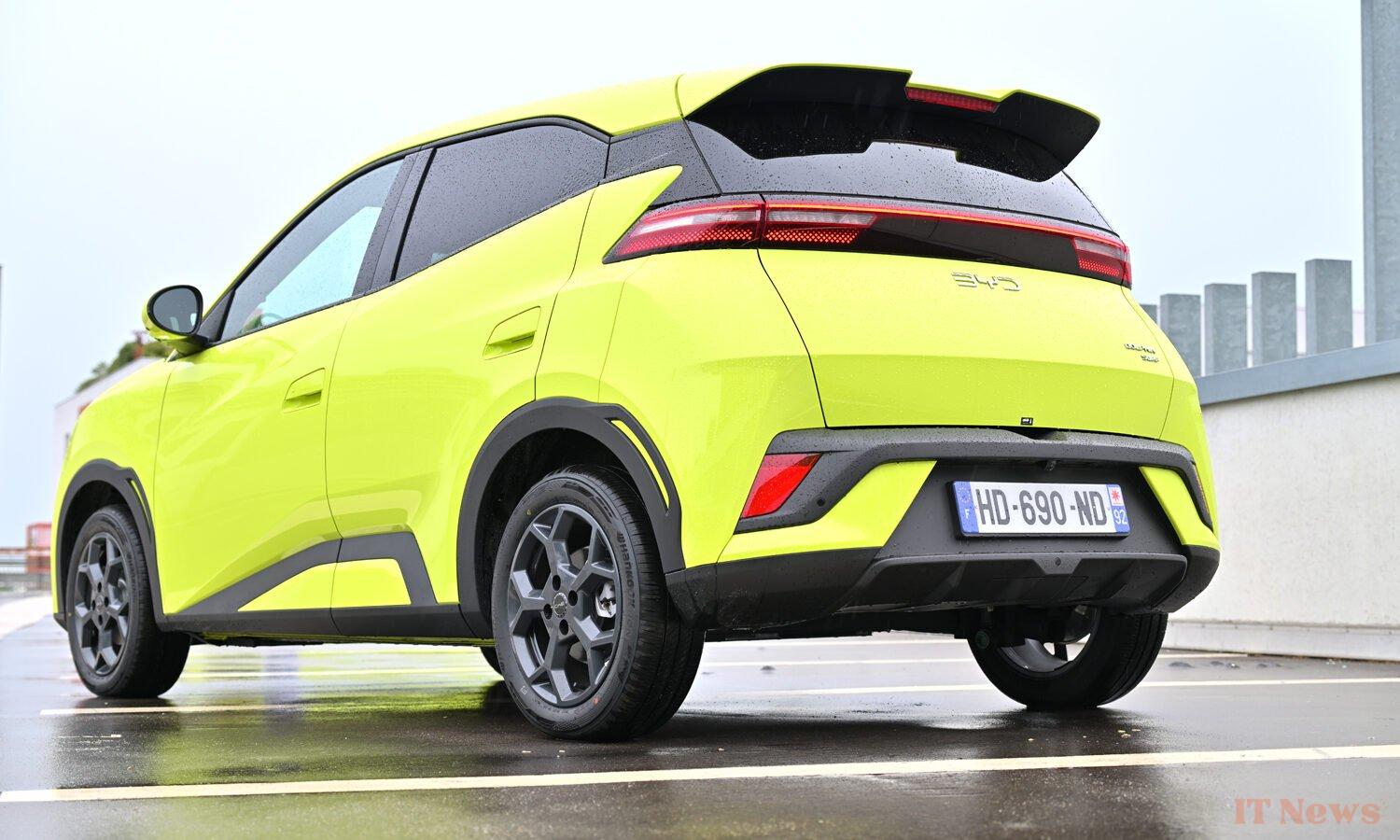Last week, China's Ministry of Commerce held a meeting with leading automotive industry associations and manufacturers like BYD and Dongfeng Motor to address a troubling phenomenon: the proliferation of "zero-mileage used cars." This practice, revealed by Wei Jianjun, president of Great Wall Motor, in an interview with Sina Finance, involves selling officially registered vehicles on the second-hand market... but technically new ones.
A strategy to boost sales
According to Wei Jianjun, at least 3,000 to 4,000 sellers on Chinese used-car platforms are currently offering this type of vehicle. These cars have license plates and are counted as sold in statistics, but they have never been driven. They sometimes even retain their plastic seat covers and their new smell.
This tactic emerged as a price war has been raging in the Chinese auto industry for several years. Manufacturers, under pressure to meet aggressive sales targets, are said to have found this method a backdoor way to boost their sales figures while clearing their inventory.
The mechanism is relatively simple: a manufacturer officially "sells" a vehicle to a dealer or partner, registers it, benefits from applicable government credits, and then discreetly brings the car to the used market where it is offered as a used vehicle despite its new condition. Manufacturers thus improve their sales statistics while consumers gain access to cheaper vehicles.
Wei Jianjun drew a worrying parallel with the crisis at the over-indebted Evergrande real estate group. "Now the Evergrande of the auto industry already exists, but it hasn't collapsed yet," he said. All indications are that this practice masks structural difficulties similar to those in the real estate sector.
While this practice does not appear illegal on the surface, it has attracted the attention of Chinese regulators, who are particularly concerned about possible subsidy abuses. The Ministry of Commerce invited the China Association of Automobile Manufacturers (CAAM), the China Automobile Dealers Association (CADA), and several used-car sales platforms to its fact-finding meeting.
This situation reveals the tensions in a Chinese auto market fueled for years by massive government subsidies coupled with fierce competition. Manufacturers, forced to constantly grow, seem to have triggered a race to the bottom that now generates zero-mileage vehicles as clearance products.
While this practice may seem advantageous for consumers looking to save money, it raises a significant issue regarding the strength of the Chinese automobile market as well as the transparency of sales mechanisms in such a strategic sector.



0 Comments